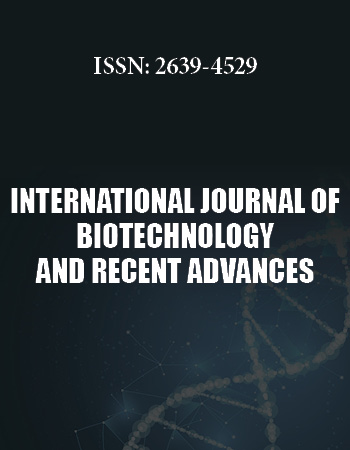European Microbiology Research Conference
December 3-4, 2018 Valencia, Spain
Influence of Biological Active Compounds on Staphylococcus epidermidis Growth
1University of Chemistry and Technology Prague, Czech Republic
2Institute of Inorganic Chemistry AS CR, v.v.i., Řež, Czech Republic
Staphylococcus epidermidis is a commensal microorganism of human skin and tissues, opportunistic pathogen in immunocompromised patients as well as common constituent of the plant microbiome (e.g. as endophytic bacteria exhibiting plant growth promoting properties). From this point of view, the knowledge about the influence of biological active substances on its growth is important and intervening into a wide range of research areas.
In this study, we investigated the influence of antibiotic erythromycin, natural substance pterostilbene and inorganic substance from the group of carboranes to determine the antimicrobial and antibiofilm activity of S. epidermidis. The antimicrobial activity of these substances was determined by microcultivation device to determine the minimum inhibitory concentrations and MTT (3-(4,5-dimethylthiazol-2-yl)-2, 5-diphenyltetrazolium bromide) assay was used to determine the metabolic activity of the cells in biofilms.
We have proved that all tested compounds have significant effect on inhibition of planktonic growth of S. epidermidis. We have also observed that erythromycin has no anti-adhesive efficiency against this bacterium. Pterostilbene and carborane have shown high anti-adhesive activity: In their presence, there was almost no metabolic activity of the cells in biofilm. From these results, we concluded that these substances might on one hand have positive potential for application in medicine, but on the other hand they may display negative effects for example in the application area of endophytes (e.g. for the production of microbial pesticides).
This work was supported by the Czech Science Foundation (GACR) project 18-26463S.
Biography:
Kristyna Lokocova is PhD student at the University of Chemical Technology Prague. She received a bachelorʼs degree in biochemistry and microbiology and a masterʼs degree in biotechnology. Her current research topic is biofilms of opportunistically pathogenic microorganisms and possibilities of their suppression. She is interested in playing volleyball and travelling.


